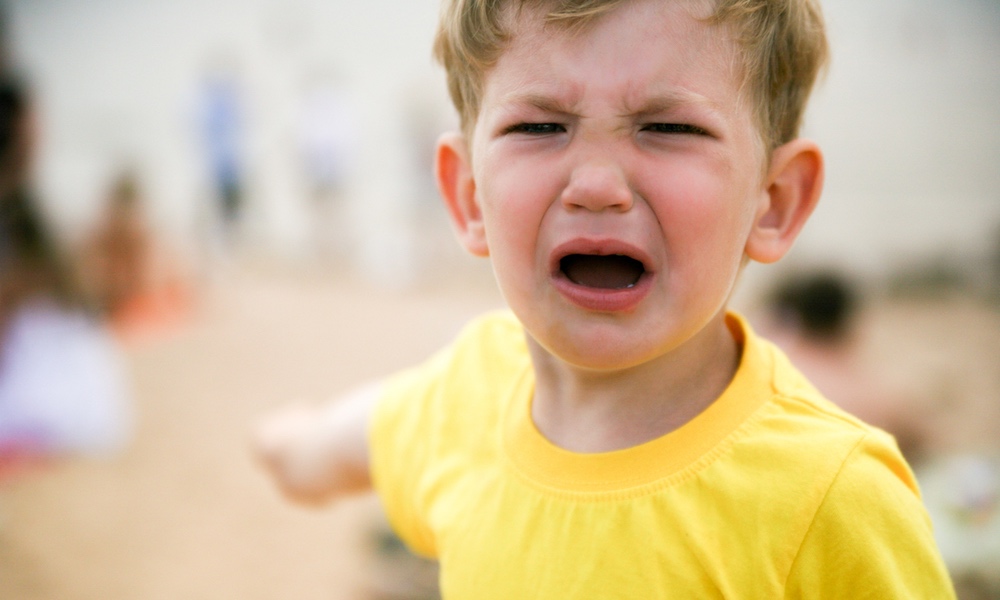Anxiety disorders such as social phobia, separation anxiety and generalized anxiety are the most common mental health problems in childhood and a source of distress to the child and family.
It's normal for children to turn to their parents when they are afraid, and of course parents try to reassure them. But when a child is anxious much of the time, a parent's constant reassurance can backfire, a study finds, depriving the child of the opportunity to learn how to deal with the situations that trigger their fear.
Parents of fearful children find ways to ease their child's anxiety and avoid upsetting them. If a child has separation anxiety, a parent may decide to not to go out or sleep next to him or her at night. Or parents of a child with social phobia who withdraws in the presence of others may get into the habit of speaking for the child or avoid having people over.If a parent always accommodates their child's anxiety, it can maintain the child's fear and raises the likelihood of more anxiety later in life.
To break this cycle, researchers at Yale University developed a parent-based treatment, SPACE (Supportive Parenting for Anxious Childhood Emotions), to teach parents how to simultaneously support their worried children and help them move forward.
SPACE teaches parents to reduce their accommodation, while remaining supportive. They learn how to respond to a child's anxiety symptoms sympathetically, acknowledging and accepting the child's genuine distress. But instead of taking steps to accommodate their child's fears, parents are taught to express their confidence in their child's ability to cope with whatever it is that makes them anxious.
Nearly 125 children with clinical anxiety disorders were enrolled in the study. They were randomly assigned to receive either cognitive behavioral therapy (CBT), the best-established evidence-based treatment for child anxiety, or the SPACE treatment program developed by Eli Lebowitz and his team at the Yale Child Study Center.
The treatment seems to work. Children whose parents participated in 12 sessions of SPACE were as likely to overcome their anxiety disorder as children who participated in 12 sessions of CBT, based on the assessments of the children's anxiety by independent evaluators who were unaware of which treatment children received. About 60 percent of the children in the study no longer met diagnostic criteria for any anxiety disorder by the end of treatment. The numbers were even better when it came to reducing anxious symptoms — 87.5 percent of the children whose parents learned the SPACE treatment techniques and 75.5 percent of those receiving CBT showed significant improvements.
“There are currently two evidence-based treatments for anxiety — medication and cognitive behavioral therapy,” Lebowitz said in a statement. “Yet only half the children respond to these therapies, so there is a great need for alternate treatments.” This study shows the SPACE program is a another option for families with anxious children.
The study is published in Journal of the American Academy of Child and Adolescent Psychiatry.





